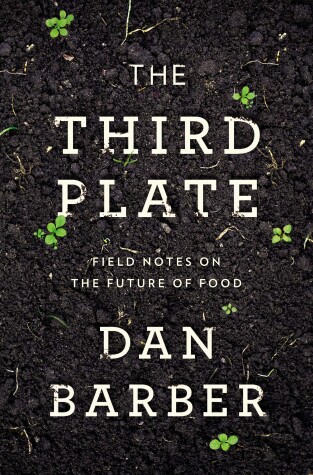
Heather
Written on Oct 4, 2017
This is the kind of book that I absolutely love. It is a detailed look at ways of growing food with environmental sustainability in mind. It gave me warm fuzzies every time I picked it up.
The author runs a restaurant on a farm in New York. You would think that would be great for the environment but he starts to realize that they plant want he wants to use instead of him using what it is best for the farm to grow. For example, there are cover crops that are ground to help fix nitrogen or add other nutrients to the soil that are just plowed under because they don't have a commercial use. Why shouldn't he try to use those crops because it is part of what his farm needs to grow to survive instead of forcing the farm to grow the few things that he wants?
He visits a community of organic farmers in a small town in New York. They are doing extensive work on their soils by using crop rotation. They grew from one family doing this work who spread the word around the town. I loved this part. There is something about reading about building healthy soil that thrills me every time. I accept that I might be weird.
Then he visits the area of Spain famous for jamon iberico. This is a ham made from free-range pigs that ate a lot of acorns. There is a farmer here who is trying to do the same thing with geese to make fois gras without force feeding his ducks. Also in Spain he visits a fish farm next to a national park that is helping to rebuild an estuary to house their fish. Birds use the area as a stop over in migration. The fish farmers consider losing fish to avian predation a sign of a healthy farm ecosystem.
These were stories were interesting to me but I kept thinking about how unnecessary they are. If you really want to get into environmentally healthy eating, why eat meat at all?
At the end the book went back to plants and I was so happy. It discusses heirloom vegetable raising versus breeding for better varieties. So much of the plant breeding going on is for durability. Flavor isn't considered. This section covers some people who are trying to fix that.
This book reminded me a lot of Omnivore's Dilemma, especially the section on Joel Saladin. If you loved that book, you'll love this one. This review was originally posted on Based On A True Story
